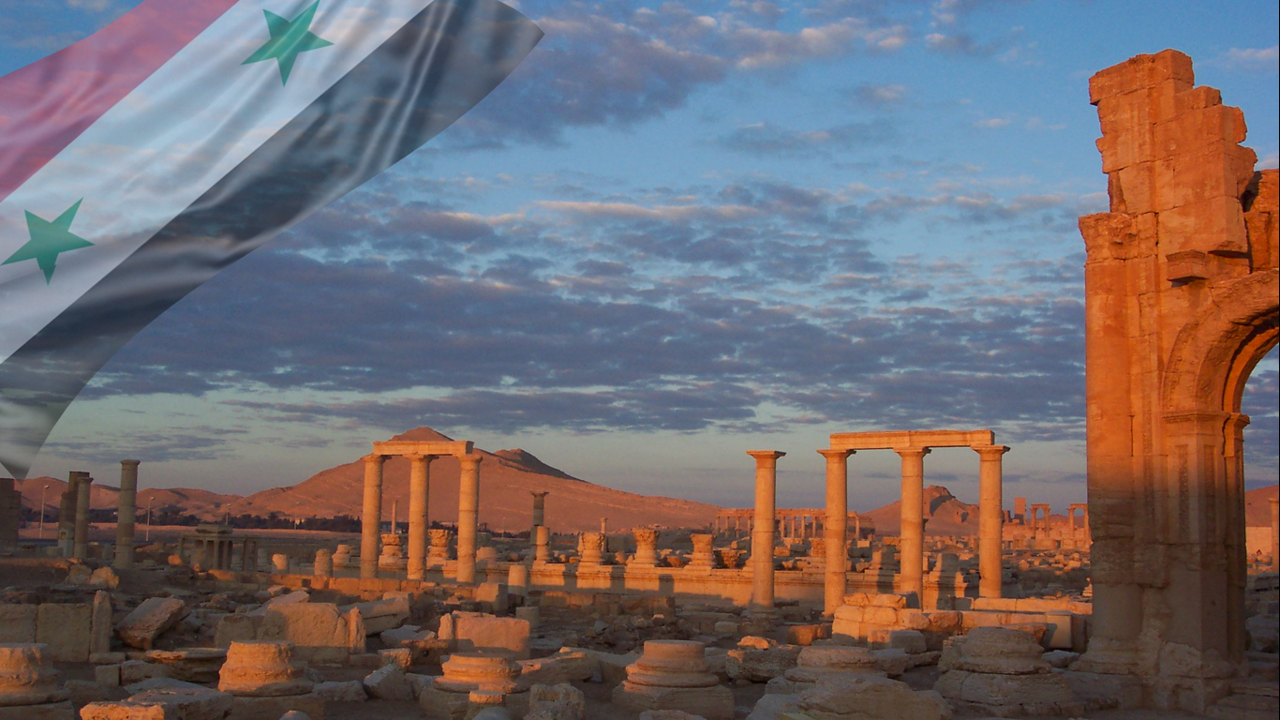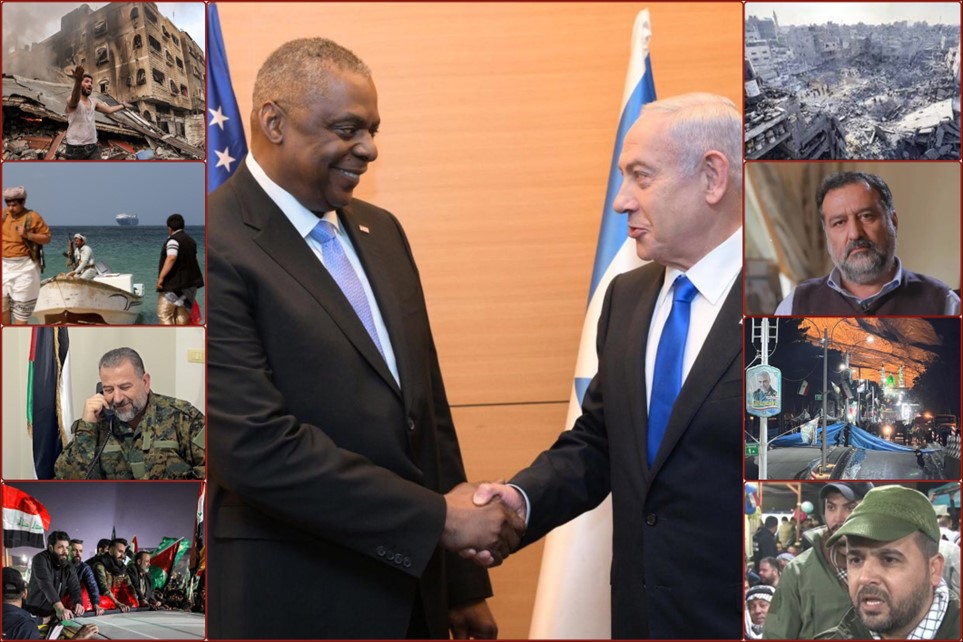It has been three months since the newest and so far longest war on Gaza has started, also rapidly including attacks in the West Bank, though in a much smaller scale. Even the Israeli ground attack on Gaza has been going on for more than two months. The whole series of genocidal massacres so far claimed more than 20.000 people. The overwhelming majority are civilians, women and children. And since the prospect is that Tel Aviv will commit itself to the total destruction of any possibility of living in Gaza this seems to be only the beginning.
Because at this point the plan of Netanyahu’s government is getting more revealed every day. That is to expel the total Palestinian population with force from the Gaza Strip, first to Egypt, and to eventually resettle and annex the territory. Which is the textbook definition of ethnic cleaning. These plans are openly expressed by government members, such as Finance Minister Smotrich, or Security Minister Ben-Gvir. There is nothing surprising in that as well, as Ben-Gvir especially was clearly supporting an apartheid system in late summer and in June 2023 was calling for the assassination of thousands of Palestinians. All that way before the current war would have started.
So far the political reaction to this shocking catastrophe was extremely limited. Not just by Western governments, but even in the Middle East. Not only the neighboring states, but even regional players clearly antagonistic to Tel Aviv has so far behaved very restrained refraining from a full military engagement. So far the response was a limited war attrition by Ḥizb Allah from Lebanon, the constant shelling of the American bases in Iraq and Syria, and a surprisingly effective blockade emerging from Yemen. Apart from that there have only been statements.
Though this response seemed so far very limited and even ineffective, in the last two weeks Washington and Tel Aviv started a new series of attacks far from Palestine. A series of so open provocations, as if they were intentionally pushing for an all-out regional war. Because the intensity and the scale of these attacks are only intensifying.
It started in Damascus
On 25 December in one of the by now almost daily repeated Israeli airstrikes against Syria, in the neighborhood of as-Sayyida Zaynab in the outskirts of Damascus, a place holy for the Shia and thus very significant for Tehran Iranian military advisor Brigadier General Raẓī Mūsavī was assassinated.
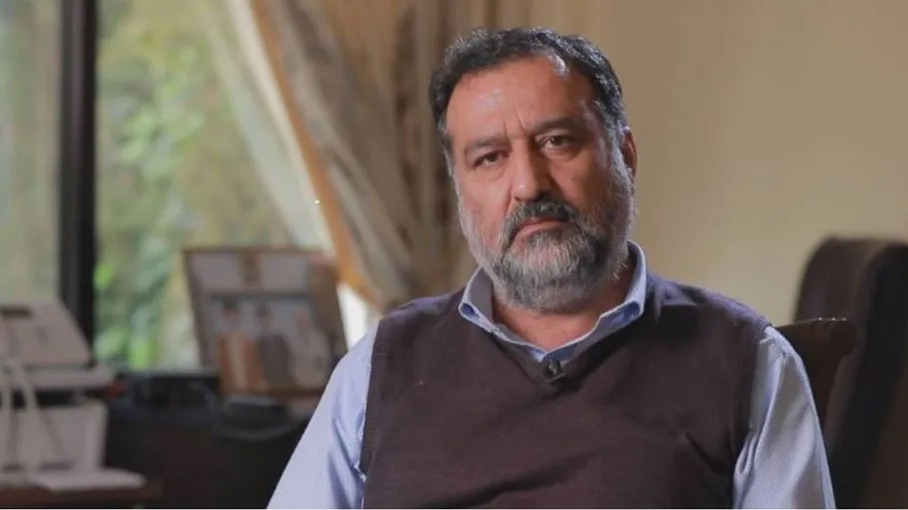
This came after Tel Aviv openly admitted that in another strike on 2 December, it killed two military advisors of the Revolutionary Guards in Damascus were killed in the same area.
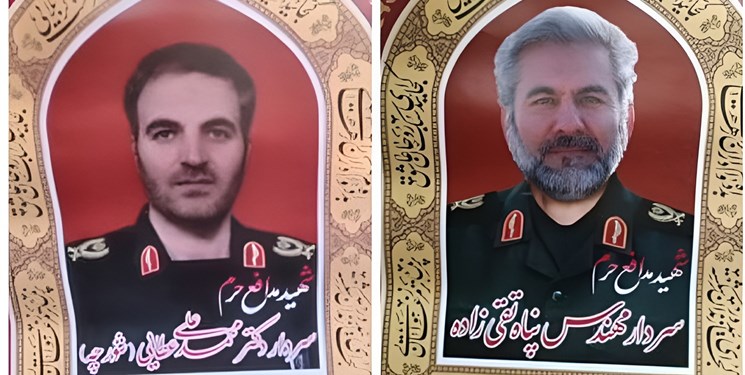
Already the assassination of the two Revolutionary Guards officers shortly after arriving in Syria was already a significant event, far beyond the “usual” attacks by Tel Aviv killing Syrians and bombing installations believed to be linked to Iran. However, assassinating Raẓī Mūsavī was a whole different thing all together. He was one of the most senior military advisors of the Iranian Revolutionary Guards’ Jerusalem Forces and a former close aide to legendary General Qāsem Soleymānī assassinated by the Americans in Baghdad in January 2020. Mūsavī’s mission, however, was concentrated on Syria and Lebanon, as he served in coordinating between Syria, Lebanon, and Iran. His career allegedly started back in the late ‘80s and had particularly close ties with Ḥizb Allah, which in his latest speech on January 4 Secretary General Ḥasan Naṣr Allah clearly stated.
Mūsavī remained in Syria after the war against Damascus started in 2011 and took part in most Iranian military support operations. His loss means that the Revolutionary Guards lost not just one of its most senior and experienced field commanders, but the one with the most extensive knowledge explaining about Syria and Lebanon. Though he had faced many assassination attempts, especially since October 2023, and possibly the attack on 2 December was already targeting him, for some reason he was not recalled to Tehran.
That is not just a very sensitive loss for Iran – and Syria at the same time -, but also a very scandalous one. Though there are many claims, mostly by Tel Aviv and Washington that there are many paramilitary organizations in Syria and Iraq led by clandestine Iranian advisors, Raẓī Mūsavī was an official diplomat of Iran, a member of its embassy’s staff in Damascus. His assassination is not an operation against a clandestine agent but against an official Iranian diplomat.
A distant front
On 31 December 2023, the American forces destroyed three-speed boats and killed ten members of the Yemeni Armed Forces loyal to the government in Sana’a. This government is mainly led by the Anṣār Allah Movement, otherwise known as the al-Ḥūtīs.
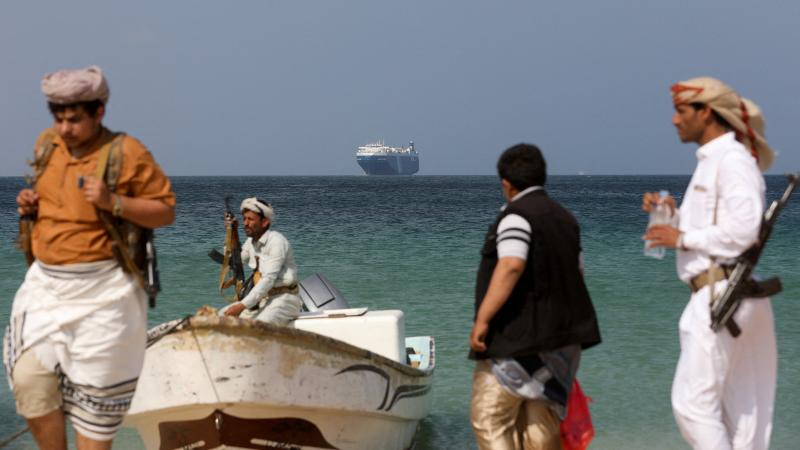
That might not seem as a significant event given the volatile situation in Yemen in the past decade and might not be clear how it is related to Gaza. But since the war on Gaza started in October one of the most resolute and surprisingly effective responses in the region came not from one of the fronts neighboring Palestine, but from the more distant Yemen. This topic in itself deserves much more detail, as it is a very complex and interesting matter. However, it is enough to highlight here that since early on Sana’a decided to hit back to Tel Aviv as much as possible. This given the surprisingly accurate and destructive Yemeni strikes against Saudi Arabia and the Emirates in the recent war is not a threat to be underestimated. Already on 26 October 2023, Yemen launched a strike on an Israeli military post in Eritrea, killing a high-level officer, and soon several times missiles and drones were launched against the Israeli positions in Southern Palestine. This attempt, given the distance, the Egyptian’s air defense, and growing American and British naval presence on the Red Sea was very limited, very far from what could have been expected before.
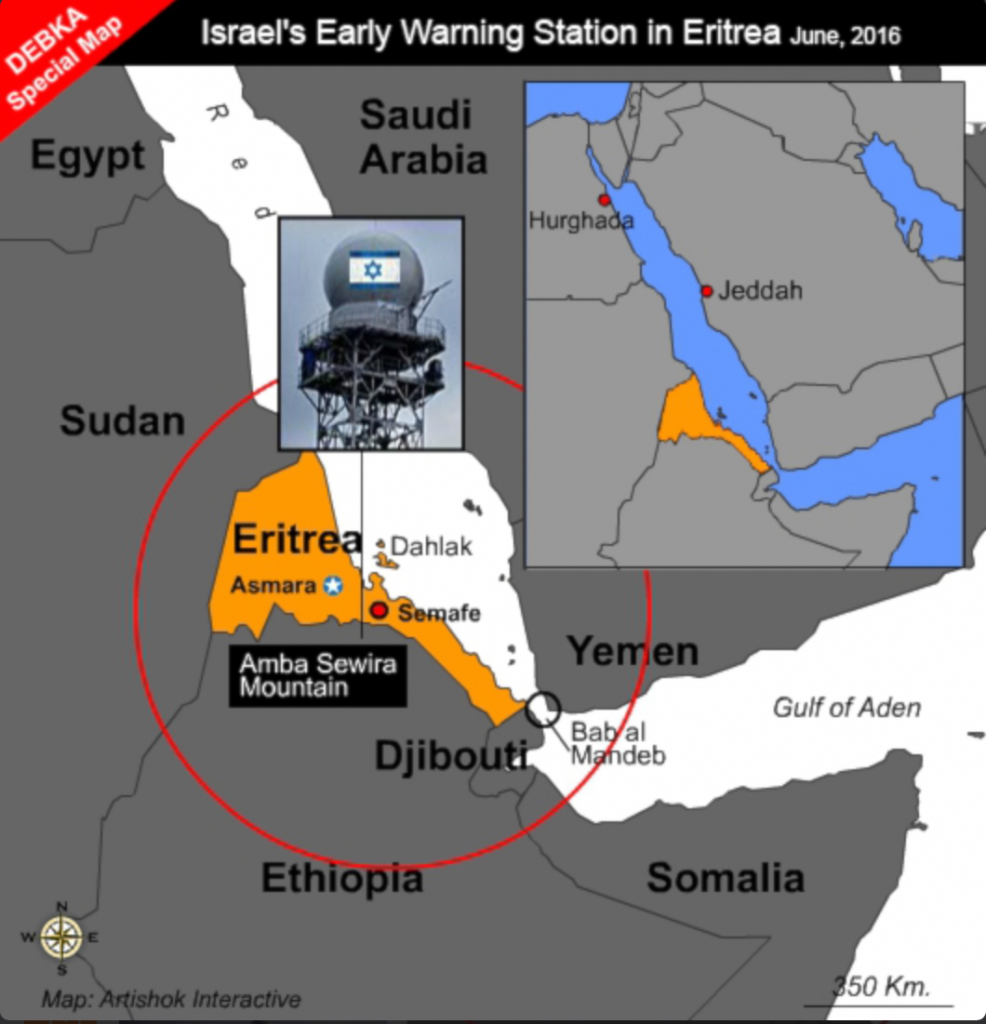
However, Sana’a soon found a more efficient way to hit back at Tel Aviv and announced that unless the aggression against Gaza is stopped and aid is delivered the Yemeni forces will block any Israeli vessels trying to cross the Bāb al-Mandib, or even any vessels heading towards the Israeli ports. Which they did. Since then several Israeli ships were taken over, while others were hit by missiles and drones. Regardless of the relatively small material damage and no loss of life, this was so effective that by late December Bloomberg reported that half of the cargo companies operating in the area started to avoid the Red Sea. That is of course very far from making Tel Aviv starve. But puts such a huge financial strain on the cargo companies that the foreign ones might suspend their activities, while the Israeli go bankrupt. And given the difficulty of operating in such a distance for a long time with no stabile supply bases for the already stretched Israeli military this threat could not be answered by Tel Aviv.
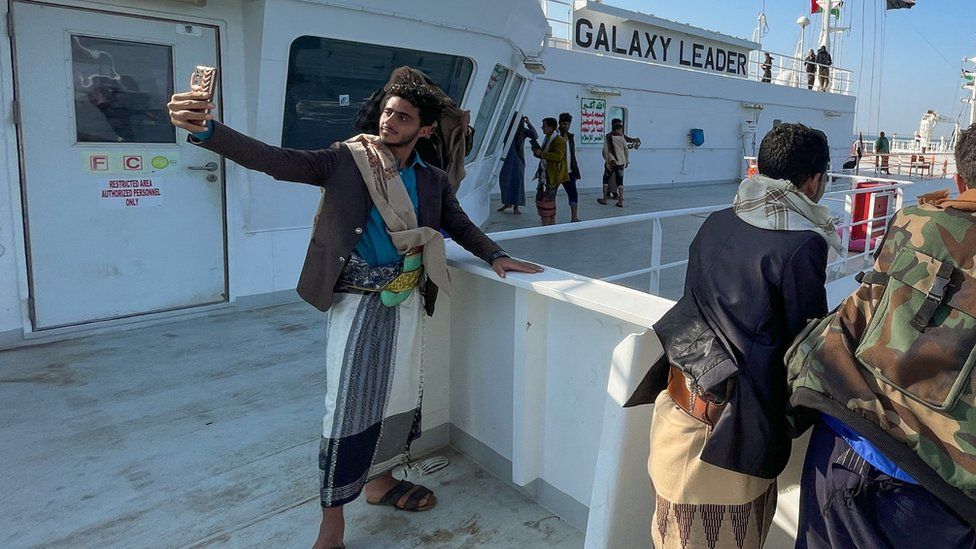
Just like in October right after the war had started when the Israeli military was in complete disarray, Washington once again stepped up and sent forces to guard the Israeli trade. Officially the US pulled together an international coalition to protect maritime trade in light of these attacks. Yet the fact that from the region only Bahrain – the base of the fifth American fleet – joined the coalition, otherwise only Western states, and that American Defense Secretary Lloyd Austin announced this coalition in Tel Aviv next to Netanyahu gave very little doubt what is the real aim and scope of this naval mission. Or why not even the close allies of Washington refrained from joining? Also noticeable that Djibouti, a state that was created as a guard post of the Red Sea and hosting several foreign military bases not only refused to join this coalition, even before openly supporting Sana’a’s position.
This American-led military operation is still in its infancy and likely will soon become much broader, but albeit it is curious how much Washington is willing to commit to a long-term presence here. Guarding the ships from any attacks will be difficult and will not convince the cargo companies to risk an attack, while expanding the operation to a full frontal attack on Yemen will be even more costly, with similarly little result. That is because it is extremely unlikely that Sana’a would be deterred by force.
Thus the American attack on the Yemeni ships trying to stop a vessel at the Bāb al-Mandib was unexpected and unexpectedly severe. Sana’a has already warned Washington that such actions will make the American positions target. And thus it is very curious why the Americans committed this attack. Why are they widening the sphere of the conflict in a field that is not vital, but very costly? And why there are attacking now, even before the forces of this coalition are properly set up?
And then it speeded up
These were already threatening signs that the Israeli-American tandem is either carelessly playing with fire, or it is so convinced in its impunity that started to openly taunt its adversaries, mostly Iran. Either way, most probably that serves as a deterrent not to let any sides intervene with the massacres in Gaza, while Tel Aviv’s army is hard stretched, and already engaged in two fronts. But only in the last week, almost on the same day, three attacks happened which might eventually lead to events spiraling out of control.
On 2 January an Israeli drone fired three missiles at an office of Ḥamās in Beirut, killing Ṣāliḥ al-‘Ārūrī, Deputy President of Ḥamās Political Office, the first deputy and military advisor of Ḥamās leader Ismā‘īl Haniyya. This assassination clearly fits into the context of the war on Gaza. Mossad chief David Barnea even claimed that all those who had planned the attack on 7 October would be hunted down and assassinated, similarly to how it happened after the Munich Olympics. And killing the second man in Ḥamās is certainly not a small feat.
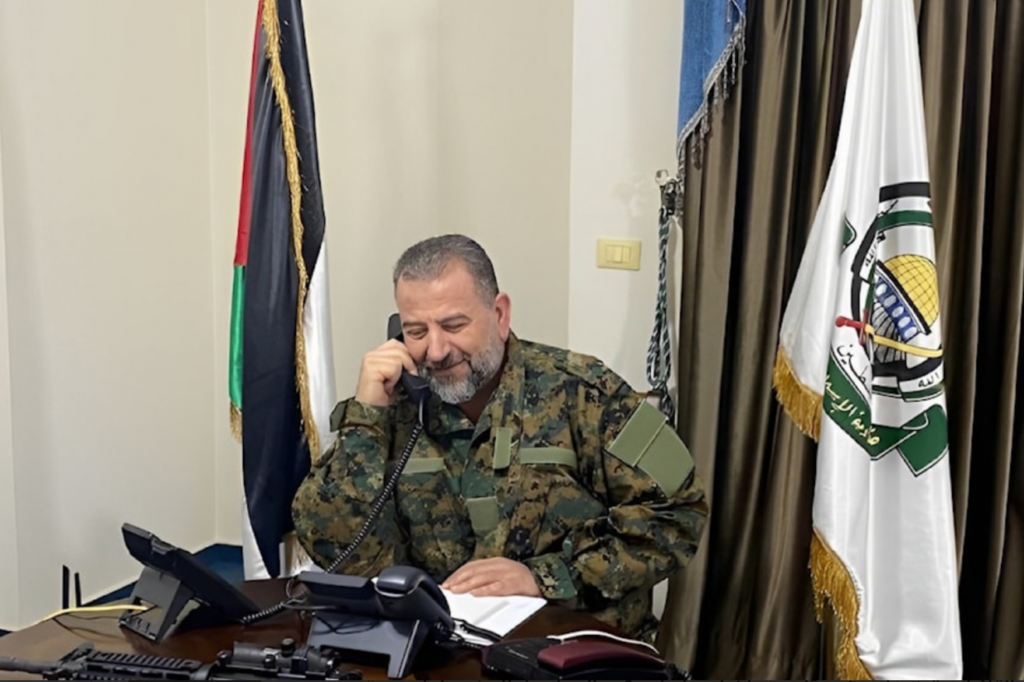
What is out of place here, however, that at the same time, Israeli leaders say that they are not pursuing to kill Ḥamās field commanders and leaders in Gaza, like Yaḥyā Sinwār and Muḥammad Ḍayf, as they rather prefer to expel them to Qatar. This was within the hopes of a prisoners’ exchange deal that would include this solution, still officially dismantling Ḥamās in Gaza, as Netanyahu promised. This rational has its merits, but the contradiction is that in the middle of a ground war and massacre enemy fields commanders are not targeted for political reasons, but a high-ranking official far from the frontlines is assassinated. Because there is a war. Especially against Ḥamās, this has little logic, as the movement never collapsed, hardly even slowed down even after similarly brutal assassinations of the founders.
The place and time are also important. The attack happened right at the time when news alleged that a new ceasefire deal between Ḥamās and Tel Aviv, possibly a permanent one, is within grasp. But after the attack, Ḥamās pulled out. Also, al-‘Ārūrī was killed in the south district of Beirut, the bastion and hinterland of Ḥizb Allah since the ‘80s. In his speech on 4 January, his latest speech on January 4 Ḥizb Allah Secretary General Ḥasan Naṣr Allah said that through intermediaries Tel Aviv immediately after the attack signaled that the attack was solely against al-‘Ārūrī and not intended in any way against Ḥizb Allah. Thus the so far limited border war should not escalate.
This assassination, especially that now Tel Aviv openly dares to provoke Ḥizb Allah, a path usually avoided knowing the capabilities and determination of the Lebanese party was already bad enough. It already put the stakes high, as soon after it was announced that Ḥasan Naṣr Allah will soon hold a speech about the situation. It should be known that Ḥizb Allah‘s de facto leader is a renowned rhetor regularly holding speeches, which are broadcast widely in the region. Both as they are eloquent, and because these are always political programs showing what is to be expected in the region. Since 7 October Ḥasan Naṣr Allah only held one speech, which was very restrained suggesting very little. So when it became known after the assassination of al-‘Ārūrī that on Thursday he would speak once again, it was a clear signal that the response was coming.
It expands to Iraq as well
Tensions escalated even further. On that day the American forces in Iraq monitored the movements of a commander of the Iraqi Popular Mobilization, and upon entering the organization’s headquarters fired missiles killing him and six other members of the organization. The commander killed was Mištāq Ṭālib as-Sa‘īdī, commander of the an-Nuğabā’ Brigades, one of the many factions of the Popular Mobilization in Iraq.
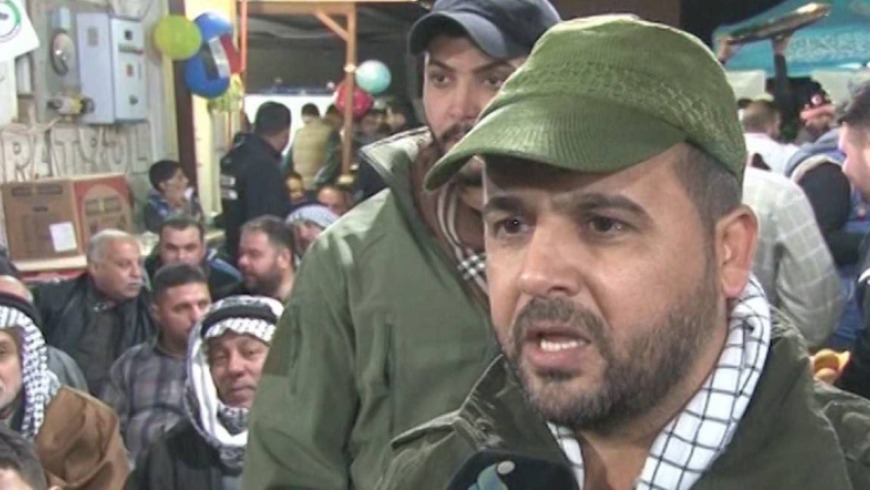
This broad umbrella organization was formed in 2014 right after Dā‘iš occupied Mosul and the Iraqi Army almost collapsed. While it was created by massive Iranian support at that time and its core was mostly made by Shia factions, it has had many ethnic, Christian, and even Sunni groups as well. It was the main force that stopped the Dā‘iš onslaught threatening Baghdad, and even after the terrorist organization was largely defeated in Iraq, it remained active. Officially it was attached to the Iraqi Army but largely kept its internal hierarchy and independence of action under the general oversight of the army command. However it should also be pointed out that the Popular Mobilization has such independence and political influence that Washington regularly claims it to be an Iranian proxy and pressures Baghdad to dismantle it. Making the Iraqi government balancing on a very tightrope.
Since 7 October several factions of the Popular Mobilization announced that in support of Palestine, if the war did not stop, every American military position in Iraq, Syria, and the whole region will count as legitimate targets for their support for the Israeli war machine. And since 27 October these factions have attacked the officially non-existent American active troops in Iraq and the officially, but very illegally existing ones in Syria more than 100 times. Sporadic retaliation has happened before, though Washington claims that so far in these attacks only one civilian contractor died, not its troops. But this attack is a whole new level. Both killing a military commander, an otherwise well-known figure of the Iraqi military establishment, and doing so by attacking one of its compounds. And since the Popular Mobilization with all its factions and properties is an officially part of the Iraqi Army that is an attack on the Iraqi state itself.
Now Washington claims that it has only retaliated to attack and wants to deter further attacks against its troops, this policy is now very counterproductive. On the one hand, it will not stop these attacks, which Washington claimed did not mean any real danger anyway. Or did they? On the other hand, such blatant disregard for Iraqi sovereignty now pushed Prime Minister as-Sūdānī to say that the official policy from now on is to make the American and other Western forces leave Iraq. And in this light, it is even more practical for the Popular Mobilization to continue the attacks putting even more pressure on Baghdad to severe ties with the “International Coalition”.
And even Iran
The day before, on 3 January a double attack in the city of Kermān in Eastern Iran killed more than 200 people and injured others. It was undoubtedly more than just an attack, a message, as the high number of people in the streets was due to the remembrance for the fourth year of General Qāsem Soleymānī in an American attack. Kermān is the general’s hometown and that is the place of his mausoleum. Killing the pilgrims heading there was clearly a message, and an unprecedented event in the otherwise fairly safe country, where sporadic attacks only happen along the Pakistani border.
By now Dā‘iš claimed responsibility for the attack, but the claim is very doubtful. And even so, knowing full well the connection between the so-called “Islamic State” and the American troops both in Syria and Iraq, officially, or not the leadership in Tehran will surely connect the dots pointing to Washington and Tel Aviv for such a crime. Which is well fitting into the pattern of striking several fronts and trying to deter Tehran and its allies.
Playing with fire
Any of these attacks as severe enough to provoke a response from the Axis of Resistance. Repeated airstrikes against Syria almost on a daily basis and killing a senior Iranian advisor, and a diplomat in Damascus. Starting an open attack against the Yemeni troops. Assassinating a Ḥamās leader in the Ḥizb Allah hinterland. Assassinating a member of the Iraqi armed forces, a commander of a political and paramilitary group, who happens to be an Iraqi official, while he is entering an army compound. Thus completely disregarding Iraq’s sovereignty and the official narrative that all American fighting forces have already left Iraq. And the more than suspicious terror attack in Iran. While the war in Gaza goes on, even escalating.
If the idea is to deter the growing resistance against Tel Aviv and the Americans in the region that is a policy proven not to work. Not even to scale down. It causes more trouble than it solves.
Whatever the logic is, it is clearly a coordinated policy between Tel Aviv and Washington. But these attacks make Iran, Iraq, Syria, and Ḥizb Allah all look weak unless they hit back. After the assassination of Qāsem Soleymānī Iran openly bombed the American forces at the ‘Ayn al-Asad base in Iraq as a first response, just to show power. This time on 6 January Ḥizb Allah hit back by destroying the Israeli Mīrūn base, the main surveillance, air control, and electronic warfare compound in Northern Palestine. And that was just the preliminary response.
#بالفيديو |
— الميادين لبنان (@mayadeenlebanon) January 6, 2024
مشاهد من عملية استهداف #المقاومة_الإسلامية في لبنان قاعدة "ميرون" للمراقبة الجوية التابعة لـ"جيش" العدو الإسرائيلي شمال فلسطين المحتلة👇#لبنان #الميادين_لبنان pic.twitter.com/jUzZVpYEie
This time the attack is greater and manifests on a wider, regional spectrum. But why? What other responses will come?

